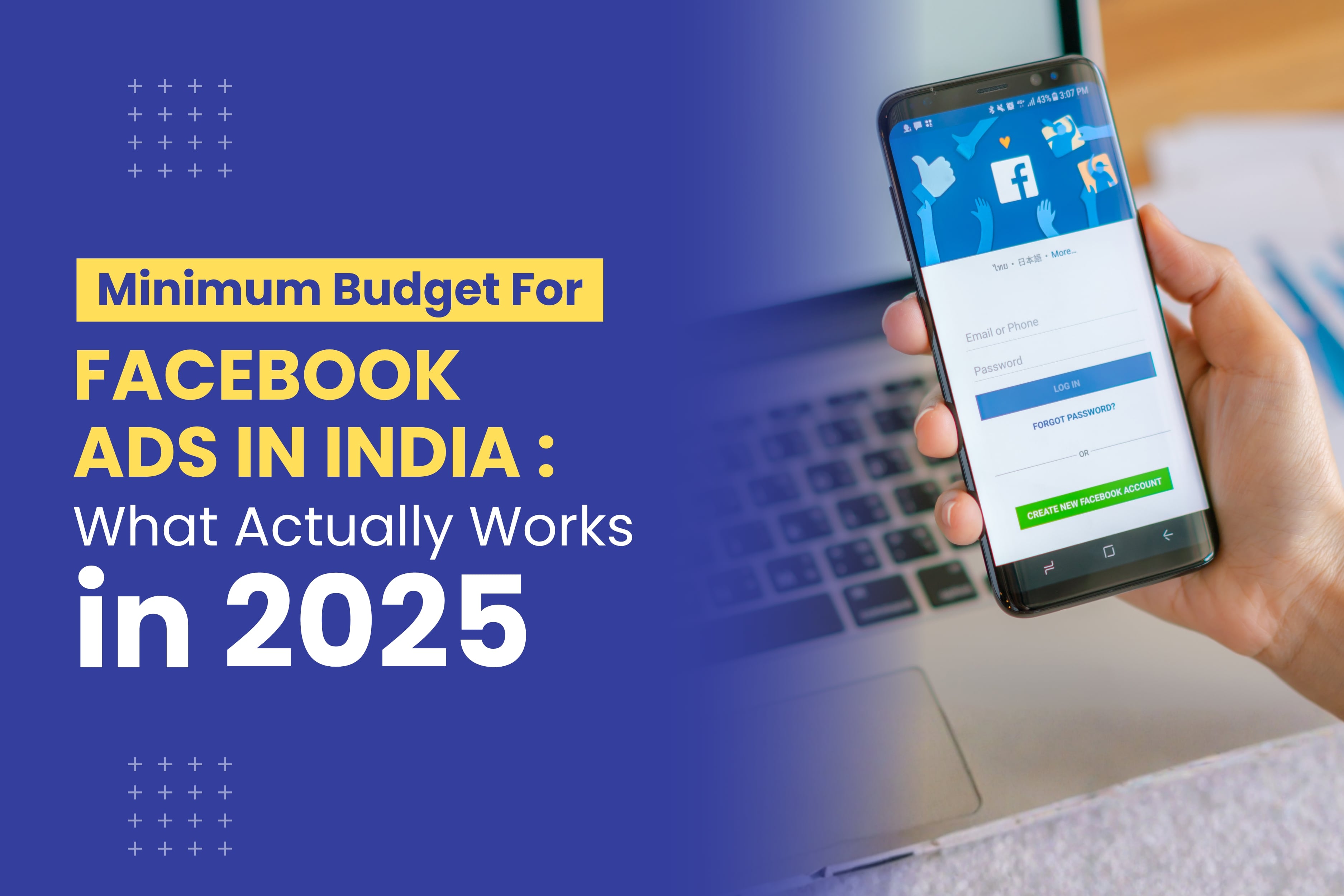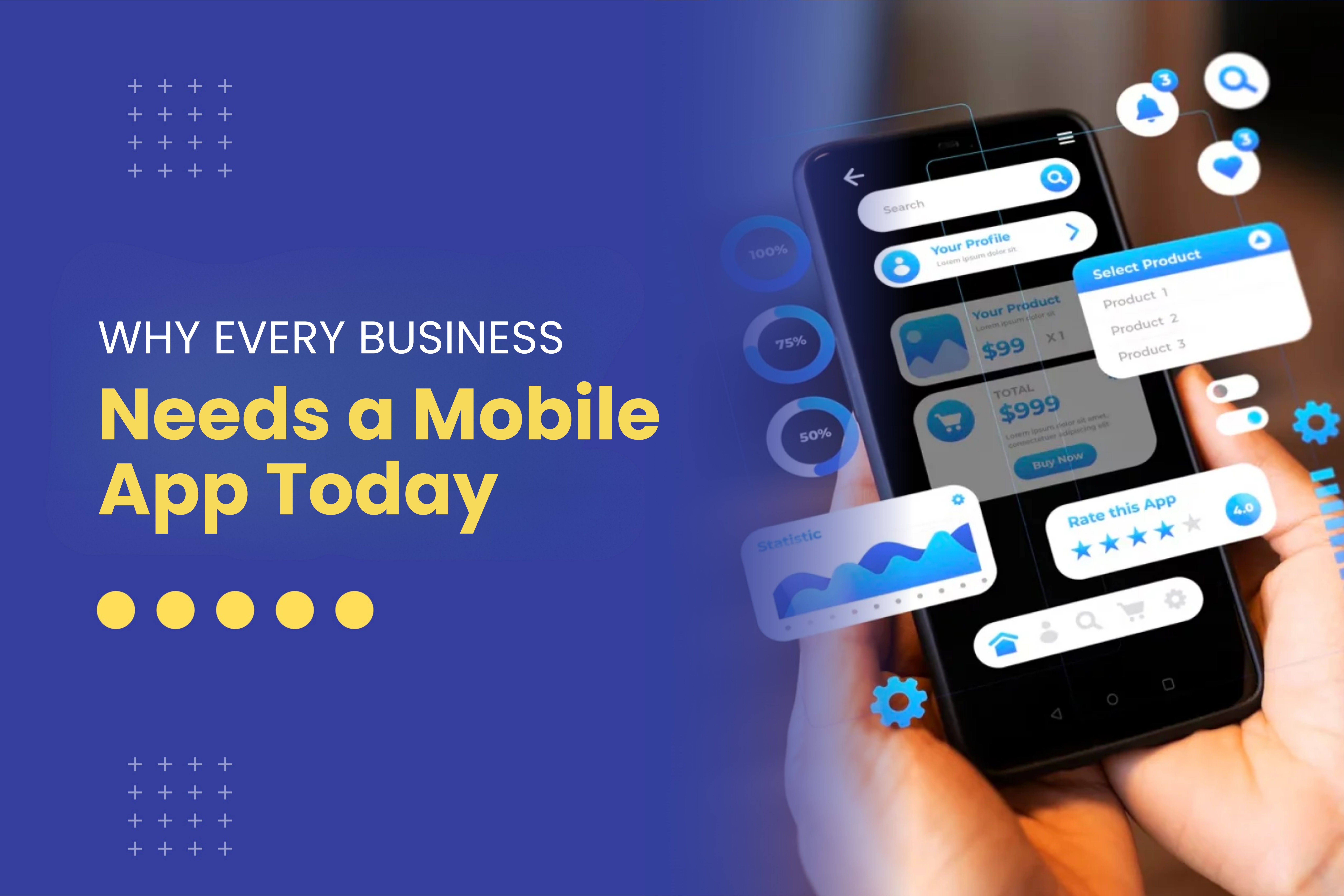Native App Development's Advantages
Tue, 14 Dec 2021Many businesses have made developing a mobile app a
key priority in order to better direct communication with clients and
customers. Even yet, deciding on a development strategy based on company
objectives might be tough. Making the best decision necessitates a deeper
understanding of Native Mobile App Development and the advantages of this
method of development.
How does native app development vary from
other methods of app development?
The process of creating a mobile app for mobile
devices such as personal digital assistants, enterprise digital assistants, or
mobile phones is known as native mobile app development. These software
applications are made to run on mobile devices like smartphones and tablets.
The advantages of native app development over hybrid app development are
numerous. It has a fantastic user interface, excellent performance, and smooth
user interaction. It also features the greatest modification options, allowing
customers to have a more personalized experience.
Which
is better: native or hybrid apps?
There are numerous advantages to developing a native
app versus a hybrid app, including better user experience, better security,
less maintenance, better performance, scalability, and so on. Native apps,
despite their greater development costs, provide more long-term benefits.
Native applications are written in platform-specific
languages. Native applications for Android are written in Kotlin or Java. These
apps are completely customized, utilizing the platform and providing users with
a terrific experience. Both Google and Apple supply SDKs, UI components, and
development tools to app developers. Most businesses invest in native app
development because of the numerous advantages it provides over other types of
apps such as web or hybrid.
Advantages
of Native Mobile App Development:
While many hybrid apps rely solely on system browser
security and cross-platform compatibility, native apps are protected by
multiple layers of the underlying OS, making them difficult to exploit. They
also don't use any third-party systems, instead relying on official APIs
that have been rigorously tested across multiple system versions. Because
official platform SDKs take a long time to build, it's easier to address any emerging
security issues. Official platform launches are, in the end, less common than
framework debuts.
Maintenance:
A native app's maintenance is more difficult than
that of a hybrid app because the most recent version of the app should be
launched. Users, on the other hand, can easily obtain information on the most
recent update. Additionally, native apps download the entire content package
when they are installed.
Performance:
HTML5 had previously been invested in by tech giants
such as Facebook and LinkedIn. They later came to regret their decision due to
the widespread popularity of standalone native applications. Native
applications are more responsive, faster, and provide a better user experience
than web applications. Because these programs are written in languages relevant
to the platform's ecosystem, they run faster. These apps function quickly and
smoothly because they have access to specific components and APIs that are
optimized for different devices. Hybrid apps, on the other hand, rely on native
browsers such as Android WebView or UIWebView. They are slower than native apps
due to their dependency.
UI/UX
that is consistent
Users will be able to learn and understand the UI or
UX of a native platform. The full larger UI will be standard in native programs
on this platform. As a result, the learning curve will be shorter, and users
will be able to navigate your app with ease. The user experience has also
improved as a result of improved app speed. Designers and developers find it
straightforward to implement the best standards and practices while designing
native applications. Native apps give a superior user experience and user
interface than hybrid apps for these reasons.
Stability
iOS and Android will
continue to support and improve the entire platform for users and app
developers. Because these platforms provide extensive support for native apps,
they will be more stable in terms of use, maintenance, and app creation. Users
should expect few crashes and issues, and the app should run smoothly.
You should consider turning native if you want to
provide your users with an app that is more reliable and stable. The use cases
and types of apps you'll provide will determine whether you utilize a hybrid or
native framework. Additionally, because native apps need more effort and time
to produce, this development strategy is advised when you plan to sell them as
premium apps. Hybrid apps are usually made available for free. Native app
development will undoubtedly be more expensive, but these apps allow you to
provide a more personalized
POPULAR POSTS
The Difference between Digital Marketing and Advertising
Wed, 07 Apr 2021How Chatbot Development Is Transforming Customer Service
Thu, 06 May 2021Why UX And UI Is Important For Mobile Application Development
Sat, 01 May 2021Top Hosted Ecommerce Platforms of 2020
Wed, 07 Apr 2021RECENT POSTS
How Page Speed Affects SEO & Conversion Rates | Real Insights 2026
Tue, 27 Jan 2026Website API Development: How to Boost Scalability & Functionality
Tue, 27 Jan 2026Minimum Budget for Facebook Ads in India in 2025 – What Works
Tue, 20 Jan 2026How PHP and Laravel Help Build Secure Websites | PHP Security
Tue, 20 Jan 2026Why Every Business Needs a Mobile App Today – Simple Guide
Tue, 20 Jan 2026









